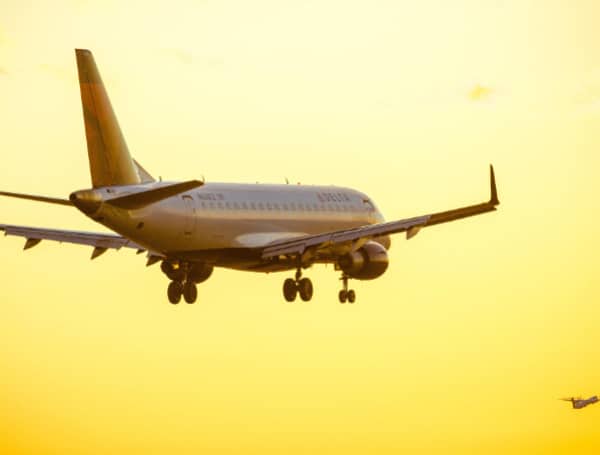Plane Landing. Source: Unsplash In the airline industry landing permits are important for a safe and legal flight operation. These permits are req
In the airline industry landing permits are important for a safe and legal flight operation. These permits are required to make sure that airlines follow the rules of each country they fly to. Without a landing permit, a flight cannot land safely at its destination.
In this article, we will discuss landing permits in detail, including their importance and application process. Let’s have a look!
What are Landing Permits in the Airline Sector
Landing permits are the request approval documents that allow the aircraft to land at a specific airport. These permits are issued by the aviation authority of the country where the airport is located. Each country has its own specific laws and rules for issuing landing permits.
The process of landing permit application involves submitting a request that includes details about the flight, the aircraft, and the airline. The authorities then review the application and allow the airline to land at the requested airport. To stay updated on flight changes or status, you can always check the latest status of any airline like British Airways. This ensures that everything is organized before the aircraft takes off.
Importance of Landing Permits in the Airline Sector
Let’s discuss the importance of landing permits in the airline sector:
Safety
The biggest benefit of landing permits is safety. Landing permits ensure that flights are safe and only qualified airlines can fly in a country’s airspace. This is important because it helps protect travelers and ensures that all airlines follow safety rules.
Organized Operations
Landing permits help keep things organized in the airline industry. Airports have a limited number of spots for planes to land. Countries can control how many flights come in and out by requiring permits. This helps prevent overcrowding at busy airports, which can lead to delays.
To stay informed about specific flights and their status, travelers can check the airline’s flight status page. For example, if you are flying with Air New Zealand, you can visit the airline’s flight status page for real-time updates.
Support to the Local Economy
Landing permits also help protect and support a country’s economy. Countries can support their airlines and encourage tourism by controlling who can land at their airports. This means foreign airlines must contribute to the local economy rather than just using the country’s resources.
Practices for Landing Permit Application
Here are some best practices for landing permit applications:
- Plan Early: Plan early and start your application process in advance as processing times may vary by each country.
- Know the Rules: Also, research the specific rules for the country you are flying to.
- Gather Documents: Make sure all your paperwork is complete and accurate.
- Get Help: Work with experienced partners for guidance and communicate clearly.
- Stay Informed of Changes: Keep up with any changes in aviation regulations.
Please make a small donation to the Tampa Free Press to help sustain independent journalism. Your contribution enables us to continue delivering high-quality, local, and national news coverage.
Android Users: Download our free app to stay up-to-date on the latest news.
Connect with us: Follow the Tampa Free Press on Facebook and Twitter for breaking news and updates.
Sign up: Subscribe to our free newsletter for a curated selection of top stories delivered straight to your inbox.

